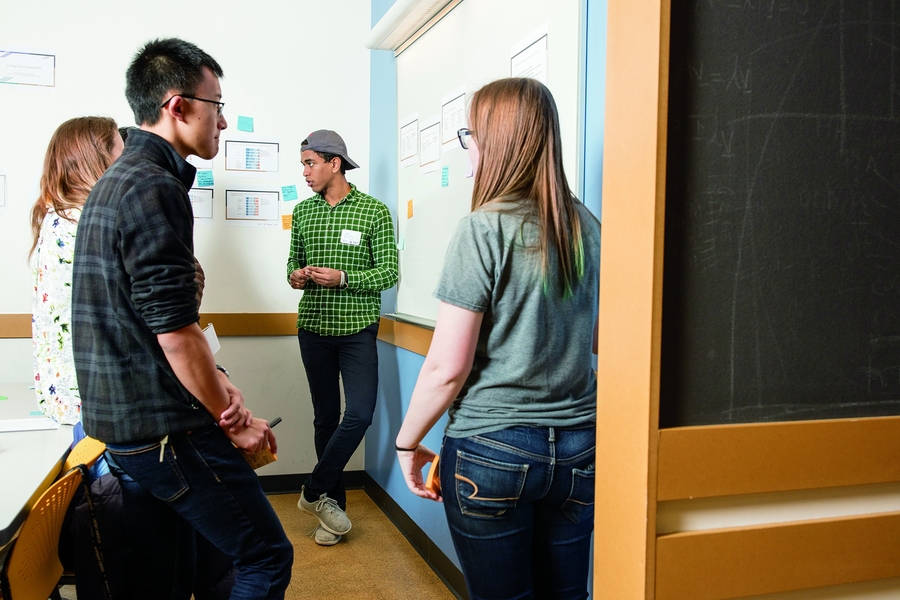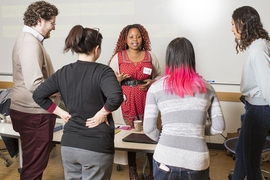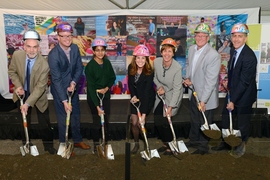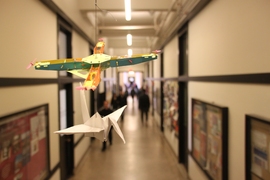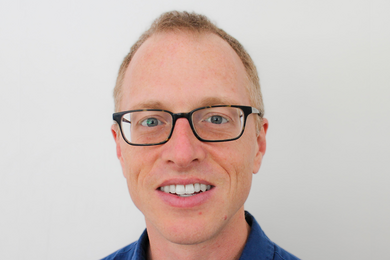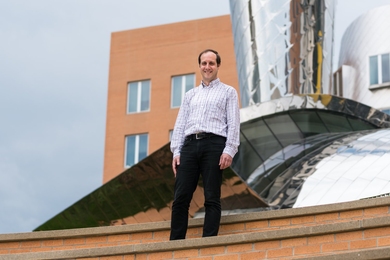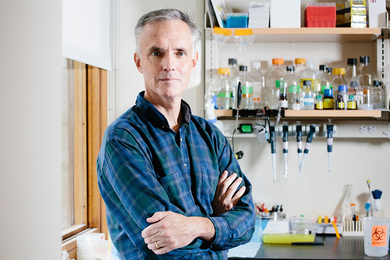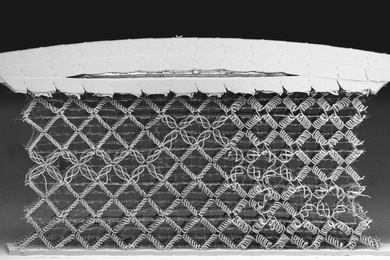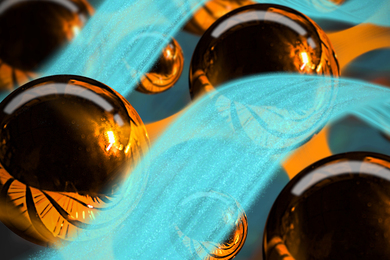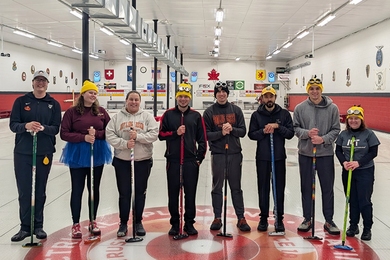The founding of MIT was a bold educational experiment. As early as 1846, founder William Barton Rogers envisioned a different kind of university — one grounded in scientific and technical education and combining hands-on experience with the “inculcation of scientific principles.”
It was radical stuff for the time, but also a blueprint of what was to come after the Institute opened its doors in 1865. The evolution of learning at MIT has taken many twists and turns since then. Even a small subset of common acronyms that have been added to the lexicon — UROP, MISTI, IAP, and more recently MITx and NEET — speak to innovations that are now integral parts of the Institute's educational fabric.
That evolution continues today. One recent addition to the mix is an educational experiment approved in August by the Committee on the Undergraduate (CUP) program, chaired by Duane Boning, the Clarence J. LeBel Professor in Electrical Engineering. This year, the Class of 2022 is participating in testing an experimental grading policy geared toward creating more flexibility for first-year students to explore majors, minors, and other interests.
Under existing policy, first-year students are graded on a pass/no record (P/NR) basis only during the first semester at MIT, and ABC/NR in the second semester. In the experiment, however, members of the Class of 2022 can take up to three science core General Institute Requirements (GIRs) on a P/NR basis any time after their first semester.
The experimental policy addresses a well-known student dilemma at MIT. The science core GIRs teach foundational content that prepares students to begin any major in their fall of their second year. Some students also see the first-semester grading P/NR grading policy as further incentive to take the science core GIRs in their first year. But for many, taking all the science core GIRs early does not leave sufficient time to explore different majors.
As a result, many students have found insufficient room in the first year to explore disciplines other than those covered by the science core GIRs. Others have noted that the science core GIRs aren’t always a good way to explore even those science majors.
“Many students currently learn about majors through upper-level students or other second-hand descriptions, rather than by experiencing the subjects themselves,” explains Kate Weishaar ’18, the first-year experience coordinator in the Office of the Vice Chancellor (OVC). “There are many valid approaches to major selection, but the overwhelming sentiment from students was that they wanted time in the first year to try things firsthand and make a more informed choice.”
The Class of 2022 experiment is part of larger effort to improve the first-year undergraduate academic experience led by Vice Chancellor for Undergraduate and Graduate Education Ian A. Waitz, with input from hundreds of students, faculty, and staff.
The idea for the experiment grew out of a subject offered last spring, Designing the First Year Experience (DFY). Students used a design approach to evaluate the first year, culminating in formal recommendations to faculty, the administration, and the MIT Corporation. In addition to creating more opportunities for major exploration, other themes from the class include improving advising, providing more inspiring learning opportunities in the first year, and reconsidering the GIRs more broadly.
Many students involved in the DFY course have expressed enthusiastic support for the pilot. In a letter to the CUP, senior Hailey Nichols wrote: “Offering the Class of 2022 the proposed options has the potential to radically change the first-year experience, giving autonomy to innovate and customize an MIT experience that best represents their interests and needs.”
Now well underway, the CUP experiment has a built-in control group in the Class of 2021, which was the subject of a CUP study on undergraduate major selection. Preliminary data based on that study, the Registrar’s Office, and surveys suggest that the experimental policy is leading to change. Compared to last year, 538 fewer students enrolled in science core GIRs this fall, particularly in biology and chemistry.
In addition, first-year students are exploring subjects more extensively. During orientation this year, they were encouraged to postpone one science core subject this fall and pursue other subjects instead. These students voted with their feet: 75 percent of the subjects they signed up for instead of a science core GIR were among the 190 academic exploration subjects offered by departments across the Institute. And the number of unique classes students registered for increased by 14 percent over last year (from 280 to 318). This year, the Office of the Vice Chancellor is actively working to increase the number of exploratory options.
“Over the past year and a half — through countless conversations, meetings and other forums, the spring design class, and now the upcoming IAP class — we’ve been focused on thinking outside of the box, and really listening to students,” says Waitz. “We’ve heard them loud and clear, and I’m excited to continue to work together. Ultimately, we owe it to them to keep improving, and I believe that with the Class of 2022 experiment, we’ve taken a big step in the right direction.”
To continue the forward momentum, a 3-credit follow-up class will be offered during Independent Activities Period (IAP) in January, led by Waitz and Maria Yang, associate professor of mechanical engineering. The class, 2.s974/2.s790 (Designing the First Year Experience: Fun-Sized) aims to identify other potential changes to the first-year experience that could be tested with the full Class of 2023, or blue-sky ideas that could be tested with smaller groups of students.
Meanwhile, the Office of the Vice Chancellor, which underwent a reorganization last year to advance key Institute priorities, will continue to collect and review data from the experiment and report this to the CUP. The office is also working on bolstering student support in other areas, such as experiential learning and professional development.
Under the new leadership of associate dean Kate Trimble, the Office of Experiential Learning has been realigned to integrate five entities: D-Lab, the Edgerton Center, Global Education, the PKG Pubic Service Center, and UROP. And the Career Advising and Professional Development Office is developing programs to build students’ competency in areas such as communications, leadership, and interpersonal skills.
